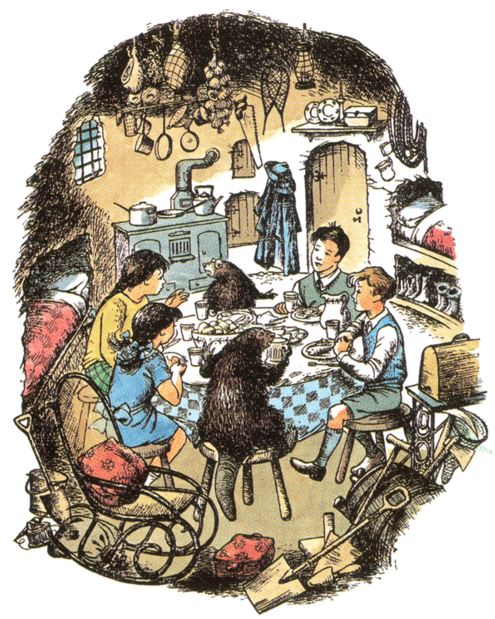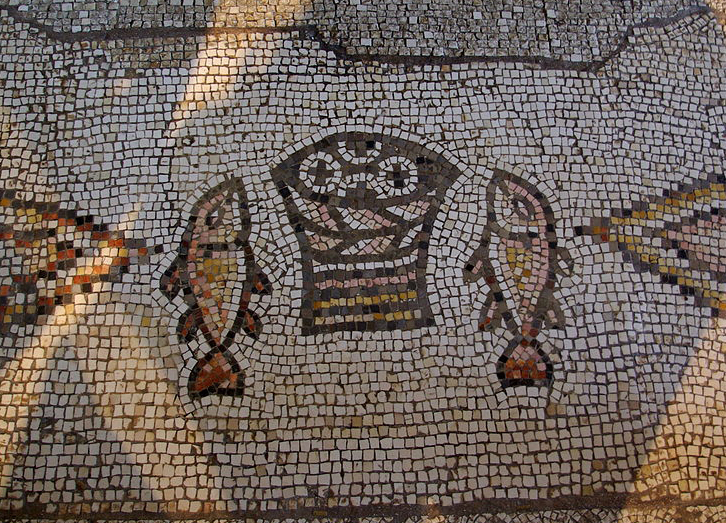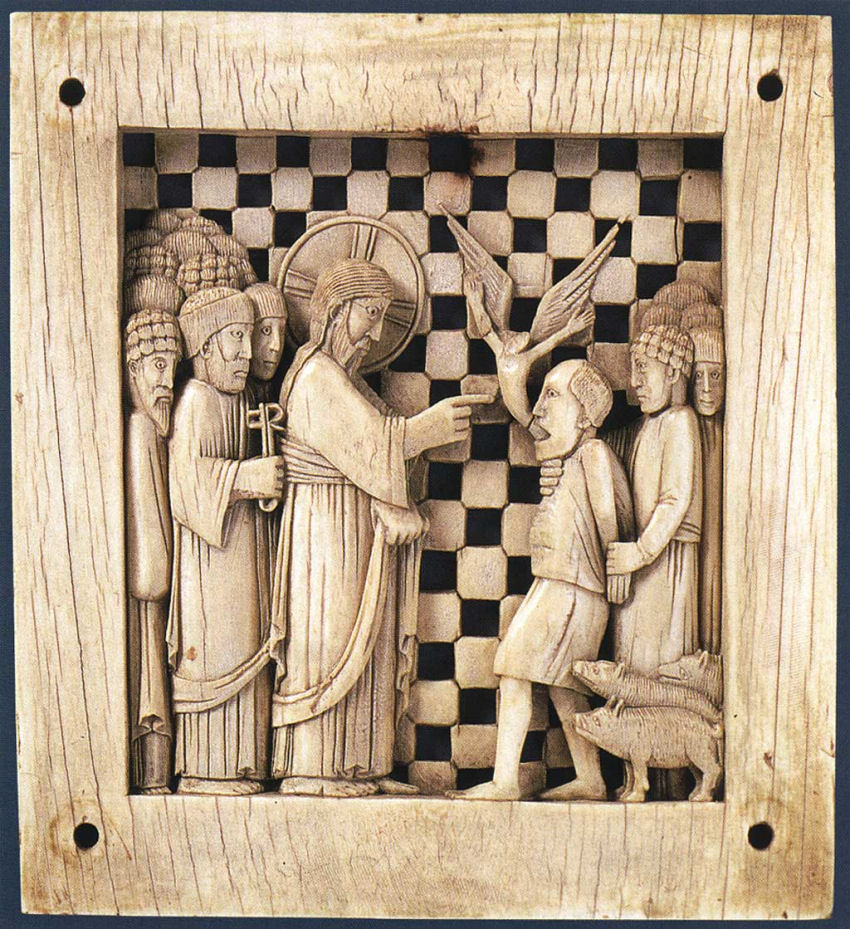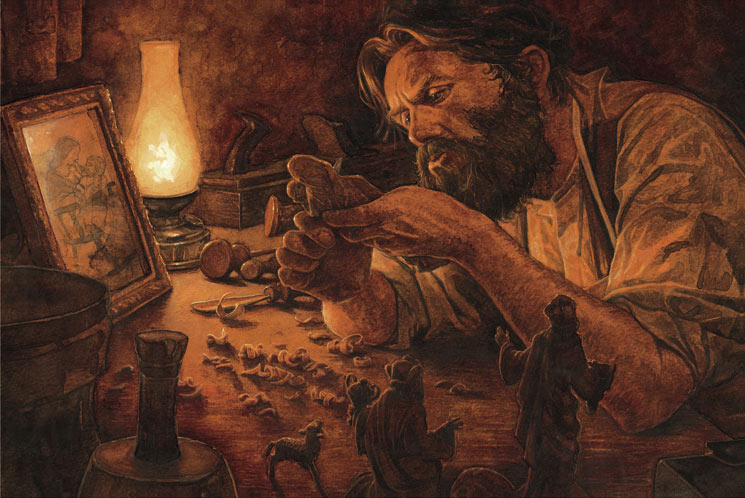“Unless you see signs and wonders you will not believe.”
At Capernaum, Jesus is asked by an official to come and heal his son. Jesus tells the man “Unless you see signs and wonders you will not believe.” The official begs him to come before his son dies and Jesus replies, “Go; your son will live.” Then we read, “The man believed the word that Jesus spoke to him and went his way. ”
I think a lot about signs and wonders. Things have changed so much since Bible times. In Jesus’ days, signs were a witness–proof that someone was speaking for God. Everyone believed that was the way the system worked. No signs, not true.
Now days, I suspect the opposite is true. People are suspicious of miracles. I once attended a church where the pastor was decidedly anti-miracle–even going so far in his Ascension Sunday sermon as to ridicule the idea that Jesus ascended bodily into heaven “like a helicopter.” I’ve read other, far more conservative writers who preach that the age of miracles is over and the Holy Spirit doesn’t work that way anymore. Gospel truth is set; we don’t need miracles now for revelation (certainly not for individual revelations), and if you want to know what God’s truth is, they will tell you–in much the same way as the more liberal anti-miracle pastor. They were all of them so very sure.
But the idea that keeps me flexible in this regard is a firm belief in God’s omnipotence. He does what He pleases. And while we may very well be skeptical of God’s desire for us to find parking, or his speaking to us through fortune cookies, we probably ought to believe that he could. That he might. If he wanted to.
That belief that God might want to do something we hadn’t anticipated or desired seems to be a stumbling block for all kinds of people: liberals and conservatives, scholastics and skeptics. All of them trying to pin God down to a system so his actions are logical, or at least predictable. Many people just want to know how this all works, and then hold God to it. They may call it Justice or they may call it Love, but somehow, it all seems to work the same.
Here’s a thought, for what it’s worth: if God is God and does what he wants, maybe we should spend our energies trying to better understand his desires. Maybe we should seek to know his heart. I can’t tell you how that’s done. I’m trying to figure it out myself. But I don’t think it will look like a system; probably something a bit wilder and fiercer, and more beautiful.
Safe?” said Mr. Beaver; “don’t you hear what Mrs. Beaver tells you? Who said anything about safe? ‘Course he isn’t safe. But he’s good. He’s the King, I tell you.”
― C.S. Lewis, The Lion, the Witch, and the Wardrobe

Illustration by Pauline Baynes






